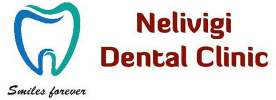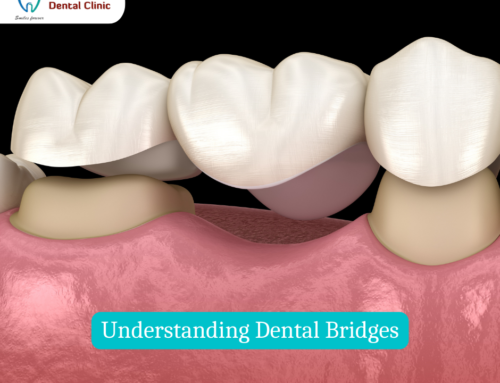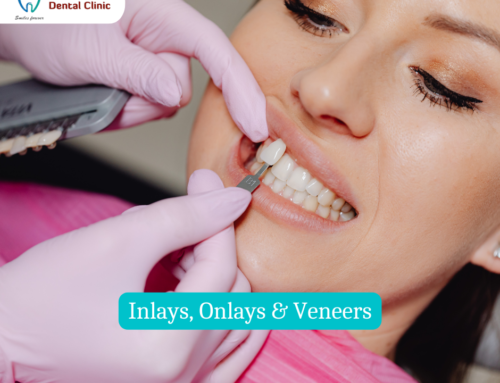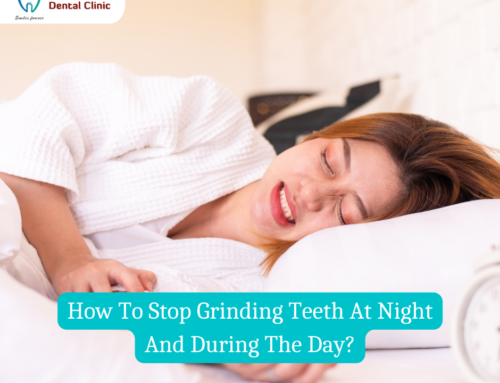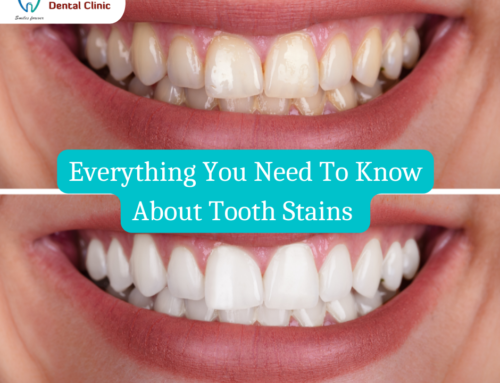Best Dental Care Clinic in Bangalore | Nelivigi Dental Clinic.
Toothaches will make anyone feel miserable. To figure out that what’s causing paining in toothache, Dr. Nandini Nelivigi has mentioned the top ten most reasons for toothaches so that you can identify what might be wrong, and what your best course of action might be done.
1. Tooth Decay
- We all know that the most common cause of a toothache is tooth decay.
- Pain begins when the decay creates a cavity and reaches the nerves that lie in the inner layer of the tooth.
- A damaged dentin exposes the nerves, which can cause acute pain.
- When the pain progresses from an ache to a sharp tinge, the tooth decay may have reached the center of the tooth.
- If left untreated, the decayed tooth would cause excruciating pain, which can bring the patient down on his or her knees apart from causing further oral damage.
- If you experience any of these conditions and symptoms above and are wondering which disorder in this list you are afflicted with, call your dentist immediately.
- A dental professional can identify your ailment with a simple examination.
- Delay would not only prolong your suffering but transform a small problem into a bigger one.
- There are multiple options for medications however, medicines cannot solve all dental problems and sometimes a probing inquiry will be required.
- And it’s perfectly normal to be anxious about a dental examination.
2. Tooth Abscess
- When decay in a tooth reaches the root beneath it, the root and the surrounding tissue become infected.
- The infection causes a pulsating pain that is widespread and it may be difficult to identify the tooth from which the pain emanates.
- This is a serious problem, which can only be dealt by a dentist to avoid tooth, bone and tissue loss, and of course, the associated pain.
3. Gum Disease
- If you have a general ache in the mouth or red gums, you probably have gum disease.
- Gum disorders can also cause them to bleed, leading to infection and toothaches.
- Gum disease is the result of inflammation of the gums and oral bones.
- If the pain is not severe, it may go unnoticed for some time, but neglect can damage the teeth and bones and cause the disease to worsen.
- The resultant damage may lead to falling teeth and may permanently damage the bones and gums, in which case surgical measures would be the only treatment options.
4. Fractured Tooth
- Teeth can crack or get chipped through a fall, something hard hitting the mouth or by biting something hard or even sticky.
- Cracking or chipping may not bring an immediate toothache, but pain can result if the fracture deepens or the chipping worsens.
- If the tooth is fractured till the middle where the nerve endings lie, it can result in excruciating pain.
- Chipped or fractured teeth should be attended by a dentist as soon as the damage occurs and before they expose the sensitive nerves.
5. Temperature Sensitivity
- Sensitive teeth often cause sharp tooth pain while consuming something that is cold or hot.
- The pain may persist even after eating or drinking.
- The teeth become sensitive when the enamel of the tooth wears down and exposes the nerves of the teeth present in the dentin layer.
- If the teeth have been whitened recently, it can also cause sensitivity to extreme temperatures. There are special toothpaste for sensitive teeth, which shield the nerves in the dentin from dentally-hostile temperatures.
- A dentist can recommend the right toothpaste or other treatment modalities for you.
6. Dental Sealants and Damaged Fillings
- Dental fillings and sealants are meant to cover the grooves, pits, and fractures in teeth and protect the sensitive and vulnerable inner parts.
- When these coverings are damaged, the inner parts become exposed to food particles, extreme temperatures, and bacteria.
- The resultant pain can range from a dull ache to acute, piercing pain.
- If you notice any interruption in your dental sealant of filling, book an immediate appointment with your dentist.
- Timely repair of the damage will prevent the inner, sensitive parts of the teeth from exposure and decay.
7. Grinding Teeth
- Some people are prone to grinding their teeth in stressful situations or while sleeping.
- Teeth grinding, also called bruxism, is a common cause for muscle pain related with the teeth, jaw or neck.
- Excessive grinding of the teeth involves violent clenching of the jaw and back and forth grinding of the top and bottom teeth against each other.
- Bruxism can result in sore teeth, and jawbones, aching joints, and headaches.
- Teeth grinding may even cause teeth to crack or become chipped, conditions which can be very painful.
- The best way to treat bruxism is to desist from teeth grinding.
8. Incorrect Brushing or Flossing
- People often apply unnecessary pressure while brushing or flossing their teeth.
- The extra pressure causes irritation, inflammation or bleeding of the gums.
- If the pressure is exerted over a prolonged period of time, the gums may recede and make the teeth unstable, resulting in toothaches.
- It is best to educate yourself on the proper brushing and flossing techniques.
- People who are prone to put their gums at risk by incorrect brushing should use toothbrushes with soft bristles.
9. Wisdom Teeth or Misaligned Teeth
- When some teeth are misaligned they may press against others and even push them out of line, causing toothaches.
- Impacted wisdom teeth or wisdom teeth that have failed to break through the gums can also cause much pain.
- They can fester under the gum line, causing much pain or push against other teeth with the same excruciating result.
- These disorders can be promptly dealt with a dentist.
- Braces or other appliances may be recommended for misaligned teeth.
- If a wisdom tooth is impacted, removal of the tooth by an oral surgeon will be needed.
10. Orthodontic Alignment
- Dental alignment with braces and retainers are some of the most notorious causes of oral discomfort and dental pain. The pain associated with tightening or aligning teeth subsides after a couple of days. However, if the pain is excruciating and persistent, you should speak to your orthodontist. A small readjustment of the dental appliance may be required before the pain goes away.
If you have questions to ask about Dental related problems. Click on the topics below to find out more from the direct website of Nelivigi Dental Clinic | Best Dental Care Clinic in Bangalore.
Other popular articles by | Dr. NandiniNelivigi
